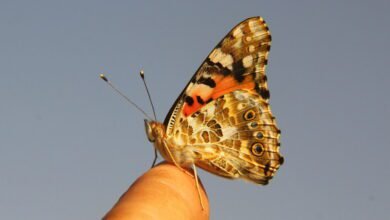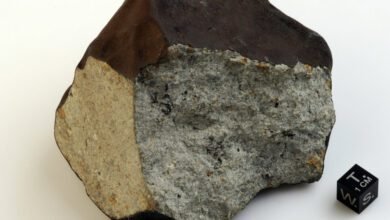Scientists reveal promising way to prevent cognitive decline

The way we explore our environment may contribute to healthier brain aging, a new study suggests. The findings could offer new methods to prevent cognitive decline, as well as early biomarkers for diagnosing Alzheimer’s.
Spatial navigation is a skill we use every day and tends to decline as we age. Historically, this decline in navigational abilities has been attributed to worsening spatial memory. But according to new research, it could also be due to changes in the way we explore new environments.
“Compared to younger individuals, middle-aged people exhibit less exploration when learning a new maze environment and appear to be prioritizing learning specific important locations in the maze as opposed to the general layout of the maze,” Vaisakh Puthusseryppady, researcher postdoctoral fellow at the University of California, Irvine, said in a statement.
In a new study published in the journal Frontiers in the neuroscience of agingPuthusseryppady and colleagues recruited a group of 87 middle-aged volunteers with an average age of 50 and 50 young volunteers with an average age of 19.
The maze consisted of corridors and crossroads separated by hedges, with distinct objects scattered in strategic locations. After freely exploring the maze, volunteers were asked to navigate between two randomly chosen objects.
Perhaps unsurprisingly, younger volunteers were, on average, more successful in finding their way. But what really stood out were the differences in how the younger and older participants learned to cope with their new environment.
“Compared to younger individuals, middle-aged individuals explored the maze environment less, as they covered fewer distances, stopped for longer periods at decision points, and visited more objects than young individuals,” said Mary Hegarty. , professor at the Department of Science and Technology. Psychological and Brain Sciences at the University of California, Santa Barbara, and co-corresponding author of the paper, said in a statement.

jacoblund/Getty
These differences were so significant that researchers were able to use artificial intelligence to accurately predict which group (young or middle-aged) each individual fell into just based on their navigation learning patterns.
So why do we see this change in exploratory behavior as we age? According to researchers, it may have something to do with how the navigation networks in our brain change as we age. If that were the case, they hypothesized that we could train older adults to maintain “younger” brain networks through simple navigation exercises.
“If we trained middle-aged people to better explore new environments – focusing on traveling greater distances, visiting paths that connect the environment, in a more dispersed way – this could lead to improvements in their spatial memory, helping to slow the decline of cognitive ability,” co-author Daniela Cossio, a Ph.D. student at UC Irvine, said in a statement.
These findings may also have implications for age-associated neurodegenerative diseases such as Alzheimer’s disease.
“We are currently investigating whether these types of changes in exploration behavior can be identified in people at risk for Alzheimer’s disease, as well as in those who actually have Alzheimer’s,” said Elizabeth Chrastil, one of the corresponding authors and associate professor there. institute, said in a statement.
“We anticipate that altered exploration behavior may ultimately become a new clinical marker for early cognitive decline related to Alzheimer’s disease.”
Are there any health problems that are worrying you? Let us know via health@newsweek.com. We can ask experts for advice and your story can be featured in News week.
Unusual knowledge
Newsweek is committed to challenging conventional wisdom and finding connections in the search for common ground.
Newsweek is committed to challenging conventional wisdom and finding connections in the search for common ground.




